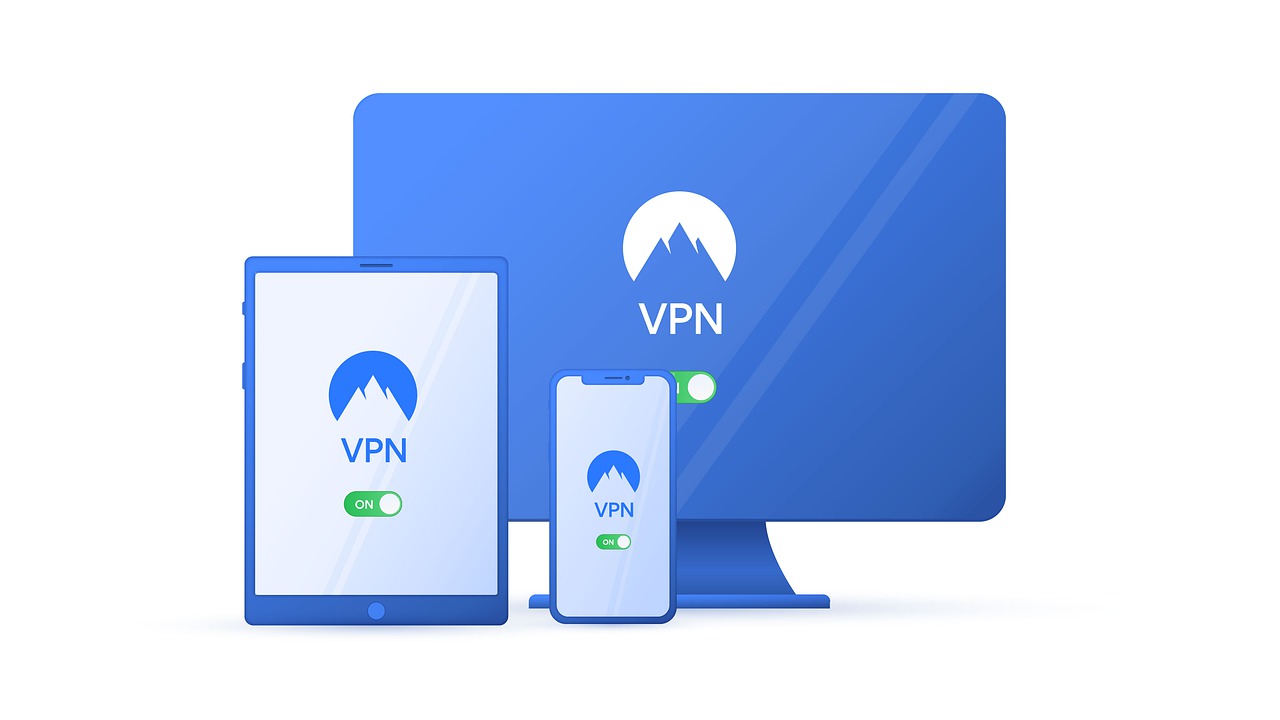VPN is a network technology used to establish secure connections and has been widely used in enterprise networks. Through VPN, enterprises can realize telecommuting, protect data transmission and strengthen network security. In this paper, we will introduce the application of VPN in enterprise network, including telecommuting, cross-region interconnection, data encryption and network security.

I. Remote Office
With the change of modern working environment, more and more enterprises realize the way of telecommuting.VPN plays an important role in telecommuting. The following are the applications of VPN in remote office:
1. Remote access to company resources: Employees can remotely connect to an organization's intranet through a VPN to access company resources such as files, databases and internal applications. This allows employees to work from home or any other place, increasing work flexibility and efficiency.
2. Protecting Data Transmission: VPN protects the data transmission process of remote access through encryption technology to ensure data security. No matter where employees are located, their data is transmitted through encrypted VPN tunnels, preventing it from being eavesdropped or tampered with by third parties.
3. Enhanced authentication: VPNs can provide an additional layer of authentication to ensure that only authorized employees can access the corporate network. Through the authentication mechanism of VPN, enterprises can prevent unauthorized personnel from entering the corporate network and protect sensitive data and confidential information.
Second, cross-regional interconnection
Many organizations have branches and offices around the world and need to interconnect across geographies, and VPNs play an important role in this regard. The following are the applications of VPN in cross-regional interconnection:
1. Connecting branch offices: Through VPN, organizations can establish secure connections to connect branch offices in different regions to the headquarters network. In this way, employees in branch offices can access resources in the headquarters and collaborate and communicate with employees in the headquarters.
2. Cross-region data transfer: VPNs provide secure tunnels that allow organizations to transfer data between different regions. Whether it is file sharing, data backup or real-time data transfer across geographies, VPN ensures data security and integrity.
3. Enhance cooperation and communication: VPN facilitates cooperation and communication across geographies. By establishing a VPN connection, employees in different regions can easily share files, participate in online meetings and collaborate on work. This seamless connection strengthens cooperation between organizations and promotes business development.
III. Data Encryption and Network Security
In an enterprise network, data security and network security are of paramount importance. a VPN provides multiple layers of protection to enhance the security of the enterprise network. The following are the applications of VPN in data encryption and network security:
1. Data encryption: VPNs use strong encryption techniques, such as AES-256-bit encryption, to protect data during transmission. This encryption prevents the risk of data eavesdropping or tampering, ensuring the confidentiality and integrity of sensitive data.
2. Prevent data leakage: VPN prevents data leakage over the Internet. By establishing a VPN connection, data goes through an encrypted tunnel during transmission, preventing third parties from stealing sensitive information.
3. Network isolation and access control: Through VPN, enterprises can realize network isolation and access control. Only authorized users can access the enterprise network through VPN, which improves the security of the network. In addition, enterprises can control users' access to network resources according to their roles and permissions.
Conclusion:
VPN has a wide range of applications in enterprise networks. It provides enterprises with important functions such as telecommuting, interconnection across geographic regions, data encryption and network security. By using VPN, enterprises can realize flexible telecommuting, promote cooperation between branch offices, protect the security of data transmission, and strengthen the security of the network. Choosing a VPN solution that suits your organization's needs will provide a more efficient, secure and reliable network environment to help your business grow.
 Email
Email